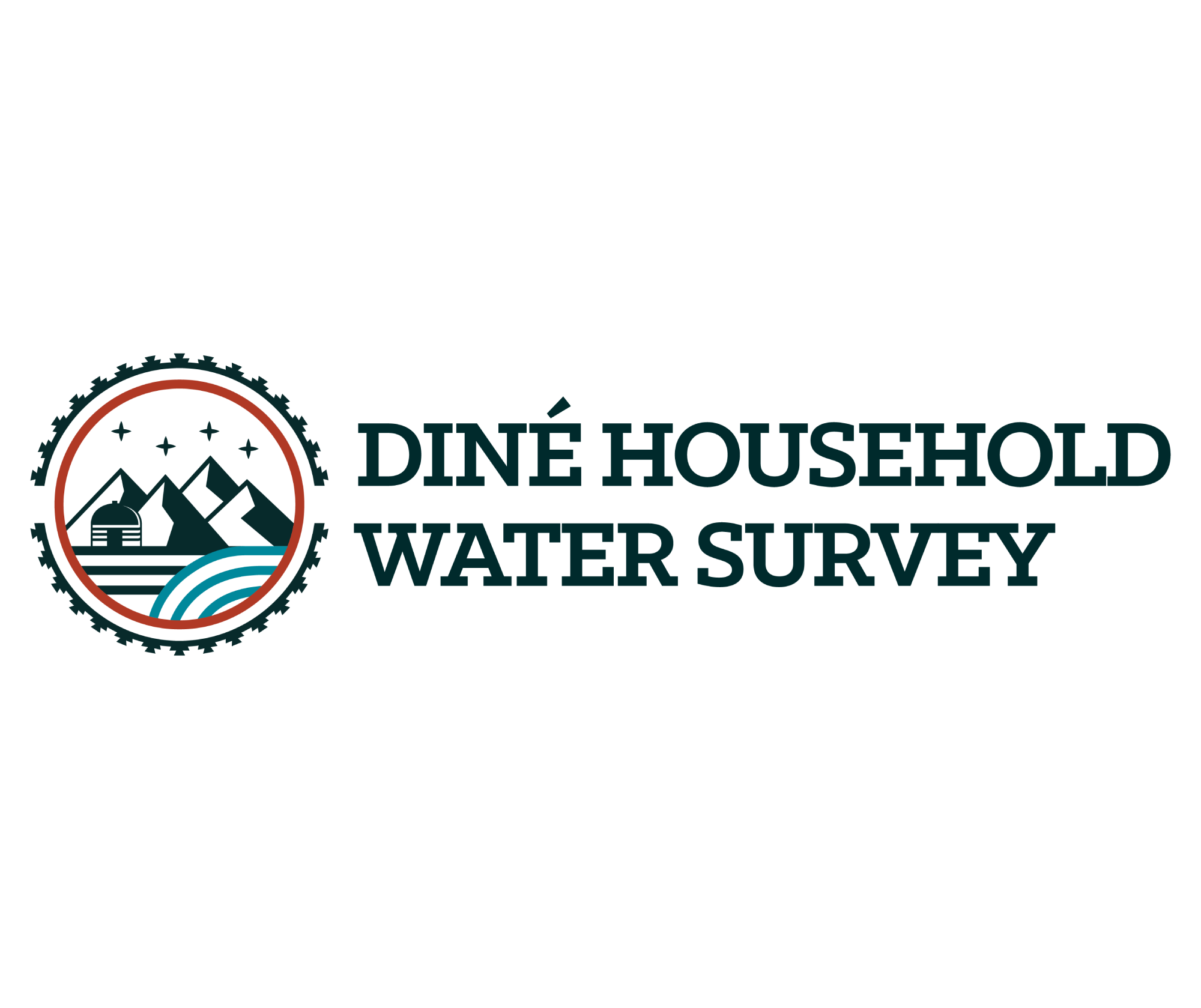
Water Needs Assessment to Understand the Household Water Needs of Diné Families Living on the Navajo Nation
JHCIH Site: Fort Defiance, AZ and Chinle, AZ (Navajo Nation)
Chinle Agency Implementation Timeline: April 2024 – September 2025
Overview: This project aims to implement a culturally-tailored household water needs assessment with a representative sample of households across the Navajo Nation. This project was pilot tested within the Fort Defiance Agency, and we are expanding implementation to the Chinle Agency Spring 2024.
Introduction:
The number of households on Navajo Nation (NN) that lack access to piped water or experience other water access challenges are inconsistently reported and estimates vary significantly. Although there is clear consensus that improving water access is imperative, there is insufficient data to quantify the scale of the challenges and the unique water access experiences of Diné people. There is an urgent need for more robust and comprehensive data collection effort to understand Navajo household water access, use and behaviors.
December 2021, Johns Hopkins Center for Indigenous Health (JHCIH) in collaboration with the Johns Hopkins Water Institute (JHWI) launched a project to develop and pilot a comprehensive and culturally tailored household water needs assessment across the Fort Defiance Agency. The lessons learned from this successful pilot project (completed December 2023) will be used to scale data collection to capture the water access experiences and challenges of the rest of Navajo Nation. Scaled implementation will produce comprehensive household-water data for the entire Navajo Nation. The data collected from this project will be widely disseminated to Navajo tribal government and stakeholders to guide future water infrastructure and policy decisions for improved water access for Navajo households.
Project Goals:
1. Implement a comprehensive water survey with a representative sample of Navajo households in the Chinle Agency that:
- a) Captures an accurate estimate of the number of households without piped water and without consistent and adequate access to:
- Safe drinking water,
- Water for cooking, washing, hygiene and sanitation, and
- Water for plants and livestock
- b) Measures multiple water use behaviors, water quality and quantity challenges, and capture preferences for water access solutions for Navajo households.
2. Map locations of participating households and incorporates geospatial analysis to create a visually representative product to disseminate findings and demonstrate where safe water solutions are needed.
3. Conduct water quality testing with a subset of households to understand if participants’ perceived water quality and water security are associated with the water quality parameters measured in their household water samples.
Using a coordinated and collaborative approach, JHCIH and JHWI are working in partnership with Navajo Nation leadership, the Navajo Nation COVID-19 Water Access Coordination Group (WACG), and key local stakeholders to understand the unique water access situations of Navajo households, and help to forge a path to safe, sustainable, and scalable household water access for all Navajo families.
Approvals:
This research project received approvals from the Fort Defiance Agency Council and Navajo Nation IRB in Spring/Summer 2022, following a formative development phase with partners to refine the assessment measure and protocol. The research team is currently seeking approvals to expand implementation to the remaining Agencies (i.e., Chinle, Eastern, Northern, & Western Agencies). Scaled implementation will begin with the Chinle Agency April 2024.
For more information, contact Reese Cuddy: rcuddy6@jhu.edu